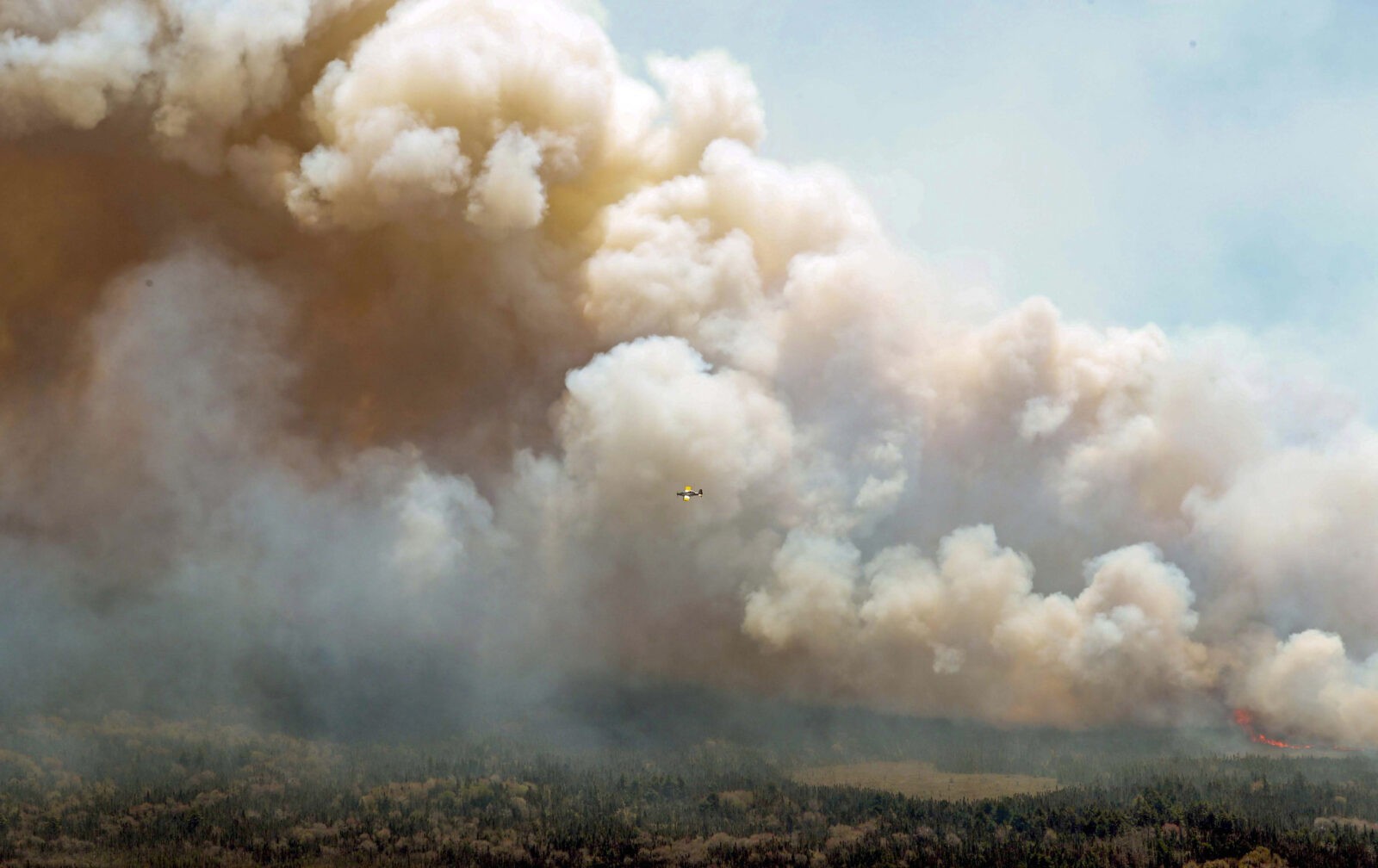Market Research Record – Smoke from the devastating wildfires in Canada has once again enveloped vast regions of the United States, placing tens of millions of Americans under air quality advisories. On Tuesday, several states along the east coast registered air quality ratings in the range of 150, classified as “unhealthy” by the US government. Since June, parts of North America have been grappling with historically low air quality conditions.
Canada is currently experiencing its most severe wildfire season on record, with nearly 900 fires burning across the country, 590 of which remain uncontrolled, according to the Canadian Interagency Forest Fire Centre. Tragically, two firefighters lost their lives in the past week while battling these blazes – one in the Northwest Territories and a 19-year-old firefighter in southern British Columbia.
Health officials have issued warnings about medium to high smoke risks in major Canadian cities, including Calgary, Montreal, Quebec, and Toronto. Meanwhile, in the United States, regions such as Georgia, Tennessee, North Carolina, South Carolina, Vermont, and New Hampshire reported Air Quality Index (AQI) values exceeding 150 on Tuesday afternoon, as reported by AirNow, an organization tracking airborne pollutants.
Thankfully, the smoke is expected to start dissipating along the US east coast by Wednesday. Nevertheless, the impact of the wildfires on air quality and public health remains a significant concern.
Tragically, the consequences of these wildfires are not limited to the destruction of vast areas of land. Health officials in British Columbia have indicated that the death of a nine-year-old boy with asthma might be linked to wildfire smoke. The BC Coroners Service is currently investigating this tragic incident and expressed deep condolences to the boy’s family and community.
This year alone, wildfires have ravaged more than 24 million acres (10 million hectares) in Canada, an area roughly equivalent to the size of Iceland or the US state of Indiana. The increasing risk of hot, dry weather, fueled by climate change, exacerbates the conditions favorable for wildfires. Urgent action in the form of substantial emissions reductions is necessary to curb further global warming, as the world has already experienced a temperature increase of approximately 1.1°C since the onset of the industrial era.





